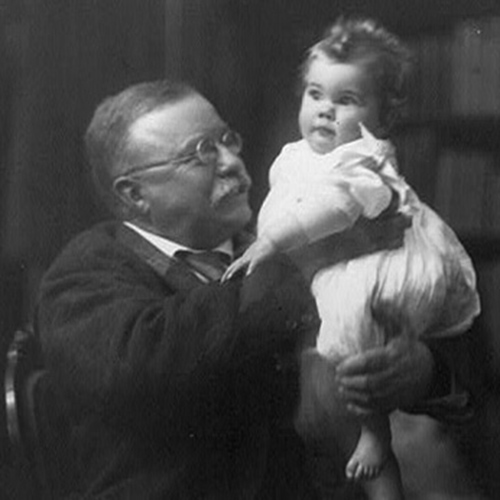Sign up for The Media Today, CJR’s daily newsletter.
In 1980, The Associated Press political writer Hugh Mulligan wrote that New Hampshire “may be the last stronghold of ‘retail politics,’ where the candidate must sell himself on the doorstep, in the supermarket, at the factory gate, atop the ski lift and, a relatively recent wrinkle, at endless coffee klatches.”
In 1996, William Safire wrote in The New York Times that the “‘retail’ primary has degenerated into parody, more stage backdrop than political entity, peopled by mobs of pollsters, TV-commercial producers, dateline-driven pundits and world-weary local pontificators.”
And in the year running up to Iowa’s caucuses, more than 1,100 mentions of “retail politics” show up in Nexis, almost all in relation to either Iowa or New Hampshire, the first real tests of presidential candidates’ viability.
“Retail politics” might also be called “boots on the ground politics,” or just plain “campaigning.” It means getting close to the voters in smaller groups, to “sell” the candidate, as opposed to giant rallies or other, less hands-on methods of politicking.
Dictionary.com defines “retail politics” as “A type of political campaigning in which the candidate focuses on local l events and meeting individual voters.”
But it has a taint: The Oxford English Dictionary says the term first appeared in The Chicago Tribune in 1901: “He has only commercial instinct to see that while his own vote is worth only $5, a ‘block’ of ten votes is worth not $50, but a ‘job’ which will pay him, say $1,000 a year. This is retail politics.”
In other words, “retail politics” has its genesis in corrupt Chicago politics, and vote-selling. It still is about selling, but in a subtler form (sometimes).
In business terms, “retail” means a final sale, something sold to an end-user as opposed to someone who’s going to resell it. In political terms, “retail” is a direct candidate-to-voter relationship, as opposed to one passed through a television ad, a campaign worker, a large arena. It has its linguistic origins in words meaning “cut off.”
In 2007, DeAmo Murphy, a political consultant, wrote in The Michigan Chronicle: “By the way, I know we love jargon and buzz words but retail politics? What’s next, wholesale, discount, or closeout politics?”
In fact, most campaigning is “wholesale” politics, not in the merchandising sense, but in its other sense: on a large, sometimes seemingly random scale. Or, as the American Heritage Dictionary says, “Made or accomplished extensively and indiscriminately.” Sounds more like the politics we see today, where writers deem it necessary to call out individual voter interaction, making it seem as if “retail” transactions are rare in politics.
There is another kind of “retail politics,” though, as explained in a Demos article: Big-box retailers whose huge spending on campaign financing is “large and growing, and targeted at maintaining their economic power through political influence.”
“Retail politics” could also be called “point of sale” politics, which the retail industry calls “POS.” Except that those initials have another meaning, one that many people also apply to politics.
Has America ever needed a media defender more than now? Help us by joining CJR today.



